The neutrality statement is the first step towards establishing a historic climate-tech workforce partnership; catalyst is SPARKZ exploring GigaCampus in central California
LIVERMORE, CALIFORNIA/DETROIT—SPARKZ, the next-generation battery manufacturer re-engineering the battery supply chain, and the United Auto Workers announced today they have signed a memorandum of understanding establishing a national labor-management agreement and statement of neutrality. The agreement initiates a strong foothold for the union in battery manufacturing and provides SPARKZ with a partnership to recruit and train the best workers in America.
SPARKZ is finalizing plans for its first GigaCampus location in central California to expand commercialization of its zero-cobalt, zero-nickel battery, which will initially employ 500 workers and could grow to as many as 3,000.
“SPARKZ is proud to partner with the UAW to secure the American worker’s place in the new energy economy, while re-engineering the battery supply chain domestically,” said SPARKZ founder and CEO Sanjiv Malhotra. “This partnership is a symbol of American innovation and American workers building a high-quality energy future together, while fighting to end foreign dominance of advanced batteries.”
SPARKZ believes the agreement with UAW will make it more competitive against industry leaders by leveraging the talents of auto workers that focus on the highest quality and safety standards.
“Workers across the battery supply chain, from electric vehicles to agricultural equipment, must have the right to organize,” said UAW President Shawn Fain. “We applaud SPARKZ for doing the right thing in agreeing not to interfere with workers’ right to join a union and look forward to winning a strong contract that sets the standard for the battery industry.”
“UAW members in California have a critical role to play in the fight for climate justice,” said UAW Region 6 Director Mike Miller. “Collective bargaining in the emerging green economy is a key piece of that work.”
California will be the first location for the partnership. SPARKZ has committed to over 800 new, full-time jobs and over $700 million of investment in the state.
“The future happens in California first. As we continue leading the clean energy industry of tomorrow, we have to ensure the hardworking people who build our world-class economy are valued and prioritized,” said California Governor Gavin Newsom. SPARKZ and the United Auto Workers are helping us lead that charge by recognizing the climate technology we need should be made by America’s best-trained workforce. Thanks to their partnership, the next generation batteries manufactured in California will be more sustainable, more efficient, and help secure the energy storage supply chain to ensure California achieves its zero-carbon emission goals.”
SPARKZ announced plans in 2022 to set up shop in West Virginia for material processing and production of cells and modules. The project, projected to begin manufacturing in 2023, will help coalfield families transition into the new energy economy. SPARKZ will continue to collaborate exclusively with the United Mine Workers of America in West Virginia.
About SPARKZ
Founded by industry veteran and former U.S. Department of Energy executive Sanjiv Malhotra, SPARKZ will begin commercialization of a high energy-density Cobalt-free, American-made Lithium-ion battery, while continuing its groundbreaking research and development focused on re-engineering the rest of the battery supply chain.
The company’s first commercial product will eliminate cobalt, traditionally used in the cathode of a Lithium-ion battery, with the objective of reducing the cost of lithium battery production in the U.S., while also eliminating a primary environmental concern, and reducing chokepoints created by a foreign supply-chain. SPARKZ will be announcing its customer and OEM partnerships soon.
SPARKZ was founded in late 2019 and has been in innovation mode. SPARKZ has completed the transfer of 6 patents from the U.S. Department of Energy’s Oak Ridge National Laboratory, which continues to be an R&D partner. In addition to being 100% cobalt-free, the patents also reduce production time significantly and enhance battery performance.





UNION PLUS – COLLEGE PROGRAM
NYC Mayoral Candidate Zohran Mamdani and AG Letitia James Rally with Striking UAW Legal Workers to Demand Resources Needed to Represent Vulnerable New Yorkers
UAW Statement on the Republicans’ Anti-Worker Budget Reconciliation Bill